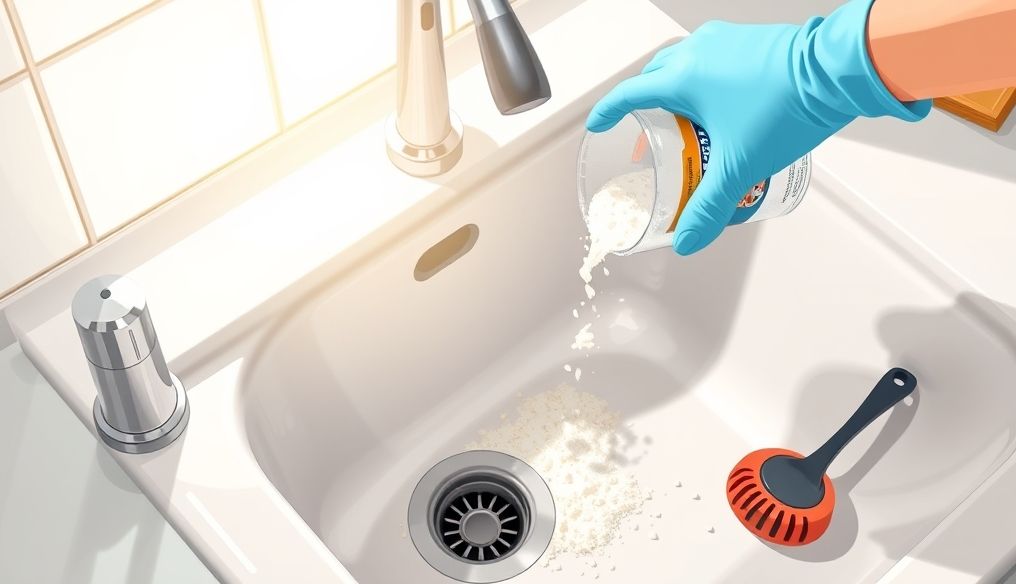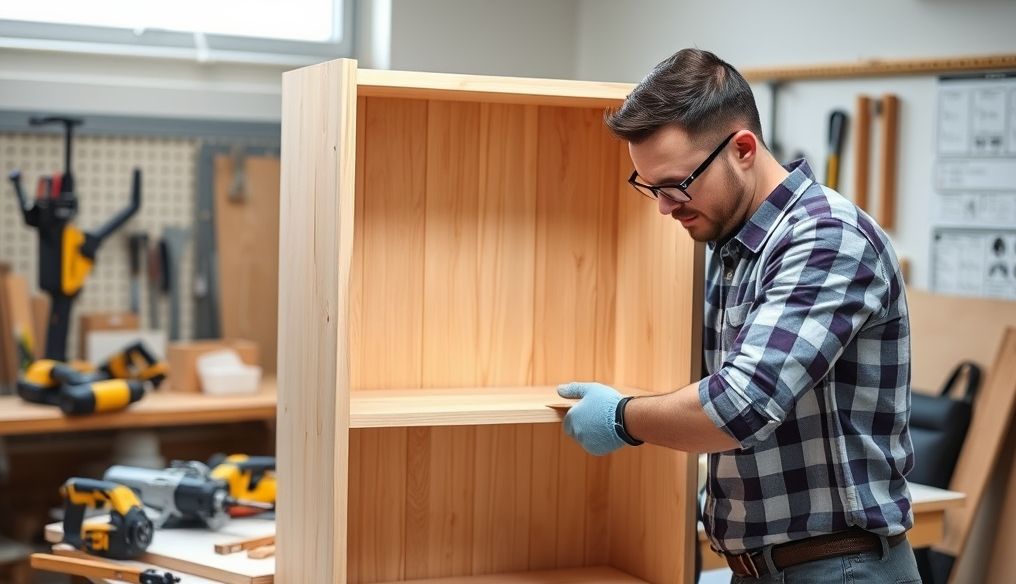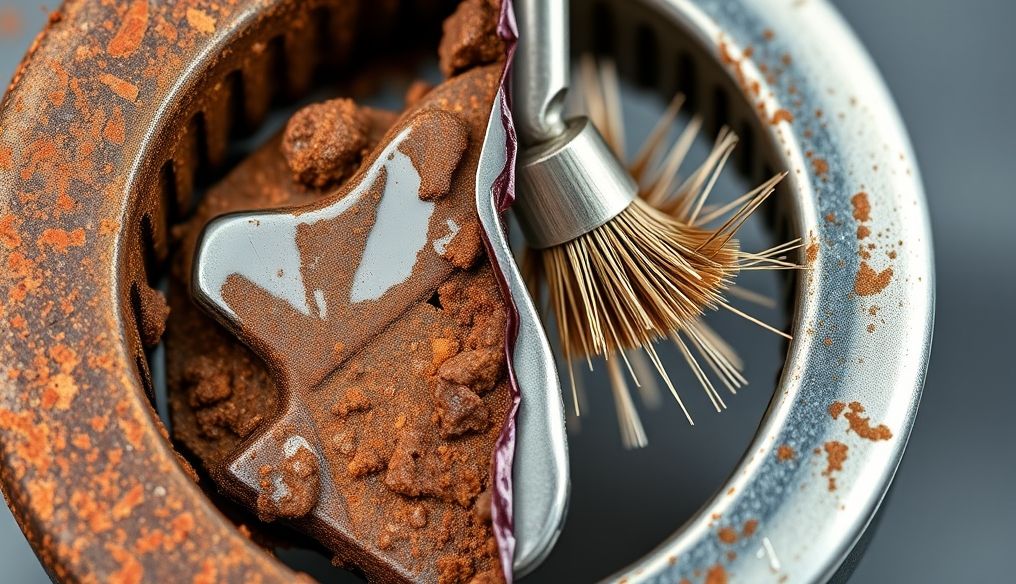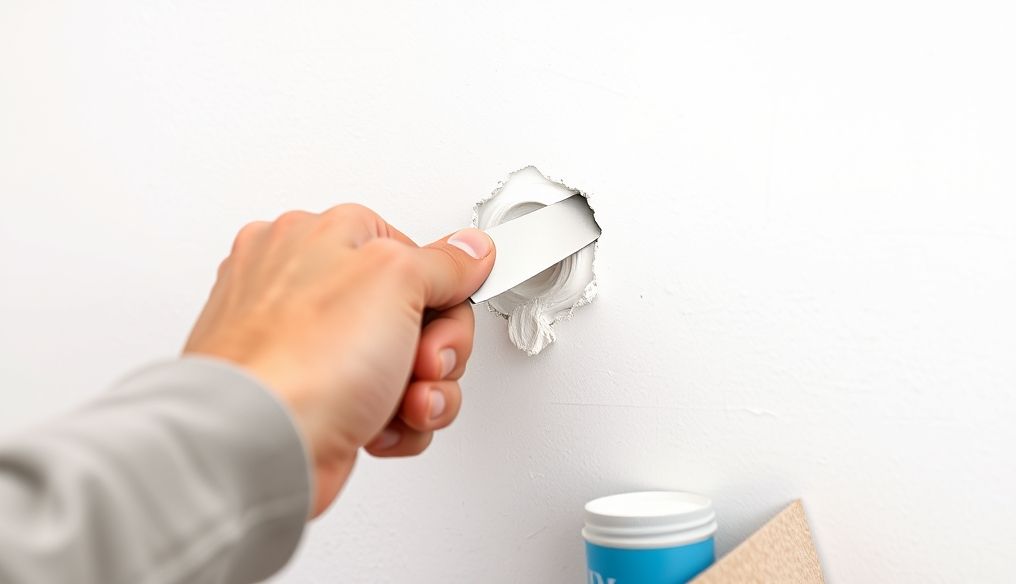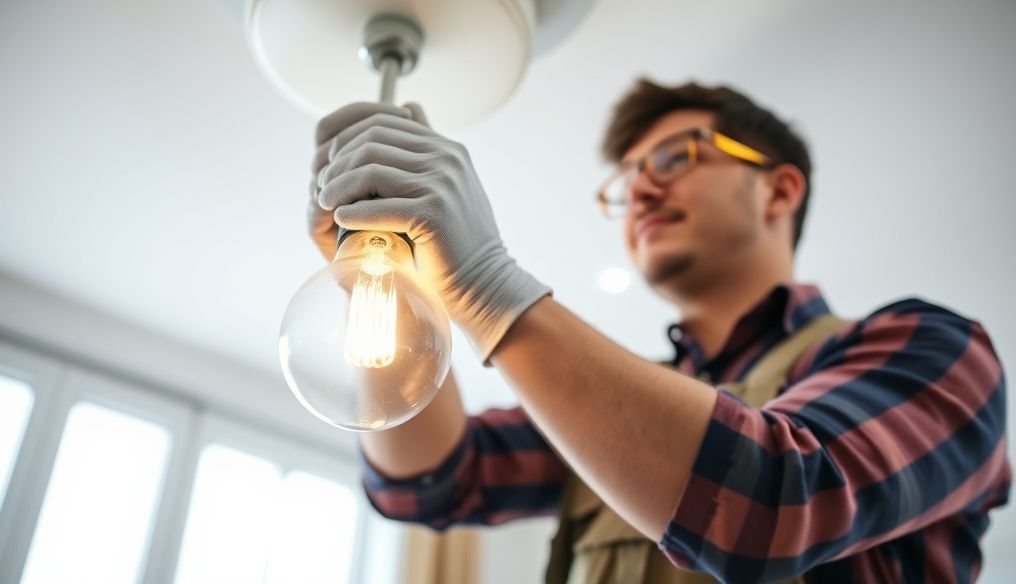What is the Best Way to Unclog a Kitchen or Bathroom Drain?
Clogged drains are a common problem faced in many homes, whether in the kitchen or bathroom. Clogs can be caused by the accumulation of hair, food scraps, grease, or other materials that build up over time. Fortunately, there are several effective methods to unclog a drain, ranging from simple home remedies to specialized tools. In this article, we will explore the best ways to unclog a drain, focusing on safety and effectiveness.
1. Understanding the Causes of Drain Clogs
Before we start reviewing methods to unclog a drain, it's important to understand the common causes of this problem. In the kitchen, the cause is often the accumulation of grease and food scraps that solidify inside the pipes. In the bathroom, the main cause is shed hair that collects with soap and other product residue.
- Kitchen: Grease, oils, food scraps, coffee grounds.
- Bathroom: Hair, soap, toothpaste, personal care products.
Knowing the cause can help in choosing the most appropriate method to unclog the drain and avoid recurrence of the problem in the future.
2. Simple Home Remedies to Unclog a Drain
Often, a clogged drain problem can be solved using materials available at home. These methods are considered safe and economical, and are worth trying before resorting to more complex solutions.
A. Boiling Water
Boiling water is the simplest and quickest way to unclog a drain, especially if the clog is caused by grease buildup. Simply boil a large amount of water and slowly pour it into the clogged drain. Be careful to avoid burns.
Note: Avoid using boiling water if the pipes are made of PVC, as they can be damaged by high heat.
B. Baking Soda and Vinegar
Baking soda and vinegar are an effective combination for naturally cleaning drains. Pour a cup of baking soda into the drain, followed by a cup of white vinegar. You will notice a fizzing reaction, which indicates that the ingredients are interacting. Let the mixture sit for 30 minutes, then pour in boiling water.
According to the U.S. Environmental Protection Agency (EPA), baking soda and vinegar are a safe and effective alternative to harsh chemical cleaners.
C. Plunger
A plunger is an essential tool in every home and can be used to unclog drains. Make sure there is enough water in the sink to cover the drain opening. Place the plunger over the opening and start pushing and lifting vigorously. Repeat the process several times until the drain is unclogged.
Tip: For best results, seal the overflow drain with a wet cloth to prevent air leakage.
3. Using Specialized Tools to Unclog a Drain
If home remedies do not work, you may need to use specialized tools to unclog the drain. These tools are designed to reach deep clogs and remove them effectively.
A. Drain Snake
A drain snake is a flexible and long tool used to remove clogs from pipes. Insert the snake into the drain and push it until you feel resistance. Rotate the snake to break up the clog, then pull it out. You may need to repeat the process several times.
Types of Drain Snakes:
- Manual Snake: Simple and inexpensive, suitable for home use.
- Electric Snake: More powerful and effective, suitable for professional use or difficult clogs.
B. Wet/Dry Vacuum
A wet/dry vacuum can be used to remove standing water in the sink, then used to suck out the clog. Place the vacuum hose over the drain opening and turn it on to the suction setting. You may need to repeat the process several times.
4. Chemical Drain Cleaners
Chemical drain cleaners are a quick and effective solution for unclogging drains, but they should be used with caution. These cleaners contain strong chemicals that can damage pipes and cause skin burns. Follow the instructions on the package carefully and wear gloves and protective eyewear.
Types of Chemical Drain Cleaners:
- Alkaline Cleaners: Contain sodium hydroxide or potassium hydroxide.
- Acidic Cleaners: Contain sulfuric acid.
Warning: Do not mix different types of chemical drain cleaners, as this can result in dangerous reactions.
5. Tips for Preventing Drain Clogs
Prevention is better than cure. By following some simple tips, you can reduce the chances of drain clogs in the future.
- In the Kitchen: Avoid pouring grease and oils down the drain. Use a strainer to collect food scraps.
- In the Bathroom: Use a strainer to collect shed hair. Avoid flushing paper towels or sanitary napkins down the toilet.
- Regular Cleaning: Clean the drains regularly with boiling water or a mixture of baking soda and vinegar.
6. When Should You Call a Professional Plumber?
If none of the methods mentioned above work, the clog may be deep or complex. In this case, it is best to call a professional plumber. A plumber has the tools and experience to diagnose the problem and fix it safely and effectively.
Signs You Need a Professional Plumber:
- Frequent drain clogs.
- Strange noises coming from the pipes.
- Water leaks around the pipes.
7. Environmental Impact of Natural Materials
When choosing a method to unclog a drain, it is important to consider its impact on the environment. Using natural materials such as baking soda and vinegar is an environmentally friendly option, as they do not contain harmful chemicals.
Benefits of Using Natural Materials:
- Environmentally friendly.
- Inexpensive.
- Do not damage pipes.
8. Conclusion
Unclogging a drain can be a simple task if you follow the correct steps. Start with simple home remedies, and if they don't work, move on to using specialized tools or chemical drain cleaners with caution. Most importantly, prevent clogs by following the tips mentioned above. Ultimately, if you are unable to solve the problem yourself, do not hesitate to call a professional plumber.
Disclaimer: The information provided in this article is for informational purposes only and does not constitute professional advice. You should always consult a qualified professional before making any decisions related to your home maintenance.
